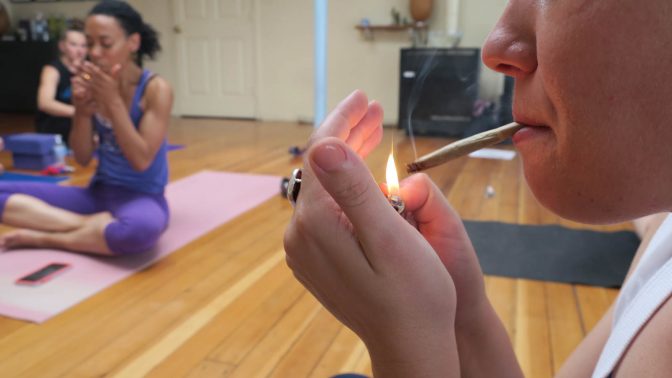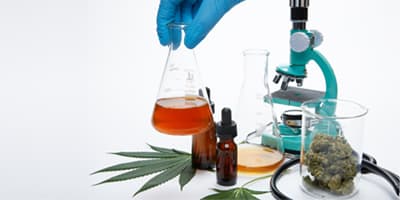Many parents come to my office seeking help for their children suffering with autism. The three main symptoms that are challenging for these families are communication difficulties, repetitive behaviors, and social challenges, including tantrums and self-injurious behavior.
Although the FDA has approved two medications, risperidone and aripiprazole, both antipsychotics, for treating the irritability associated with autism, they have very significant side effects, may not be effective and thus leave these families without a solution.
The endocannabinoid system regulates emotional responses, including anxiety, behavioral reactivity to context, social interaction, and the function of the immune system, all of which are aspects of autism. Click To TweetThe endocannabinoid system regulates emotional responses, including anxiety, behavioral reactivity to context, social interaction, and the function of the immune system, all of which are aspects of autism. Right now it is unclear, based on current understanding of the alterations in the endocannabinoid system in children with autism, if activating the system or blocking the system will help with the symptoms.
Preliminary evidence links genetic mutations with autism and a deficit in the endocannabinoid system.
However, one case report and numerous anecdotal reports, and studies in mice reveal that cannabinoids may help some children with this disorder have better communication, less repetitive behaviors, less anxiety, and better social interaction.
I have medically supervised the administration of CBD-rich, THC-rich, and combination CBD-THC cannabis preparations, often taken as sublingual or swallowed oil or edible preparations.

Recently, some of my patients have responded quite well to THCA oil, the non-psychoactive cannabinoid found in the raw unheated plant.
Approximately 50 percent of parents report improvement with less anxiety, better sleep, improved speech, better focus and learning, and fewer tantrums with cannabis treatment.
A few patients showed worsening symptoms, and after the treatment was discontinued, the patients returned to baseline. In those who have responded positively, there are no reports of adverse side effects.
Since autism is a spectrum disorder, it is difficult to generalize results. I treat each patient based on their unique characteristics, but it is clear to me that some are responding to cannabis treatment with improvement in their quality of life and without unwanted side effects.




